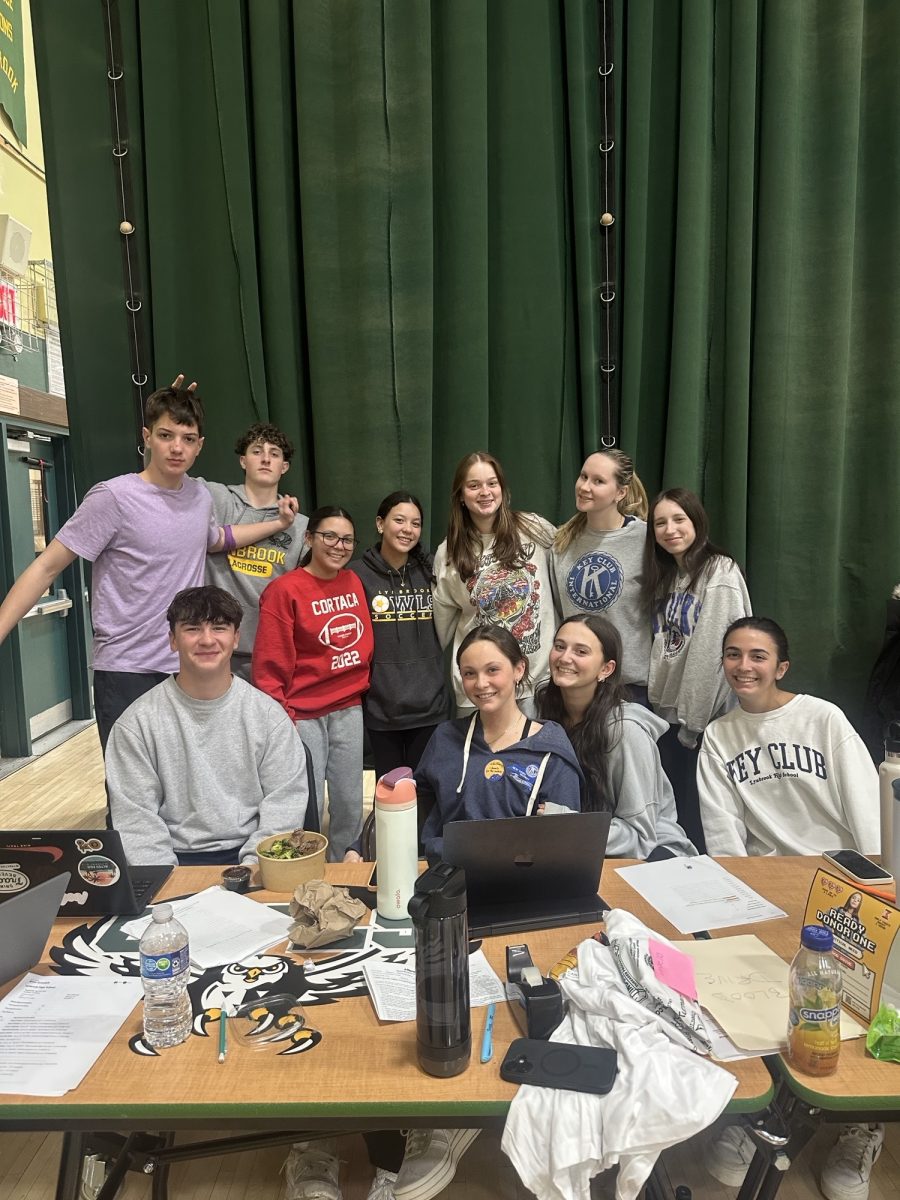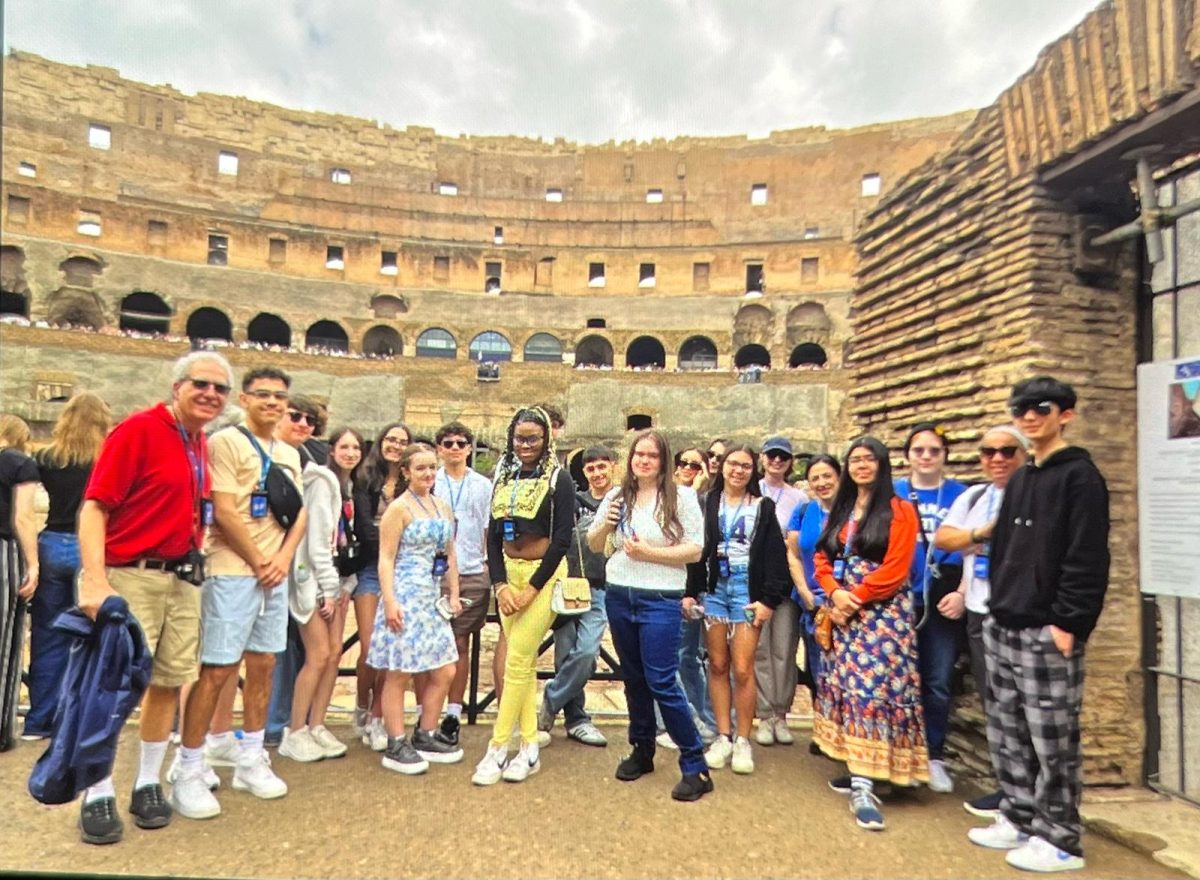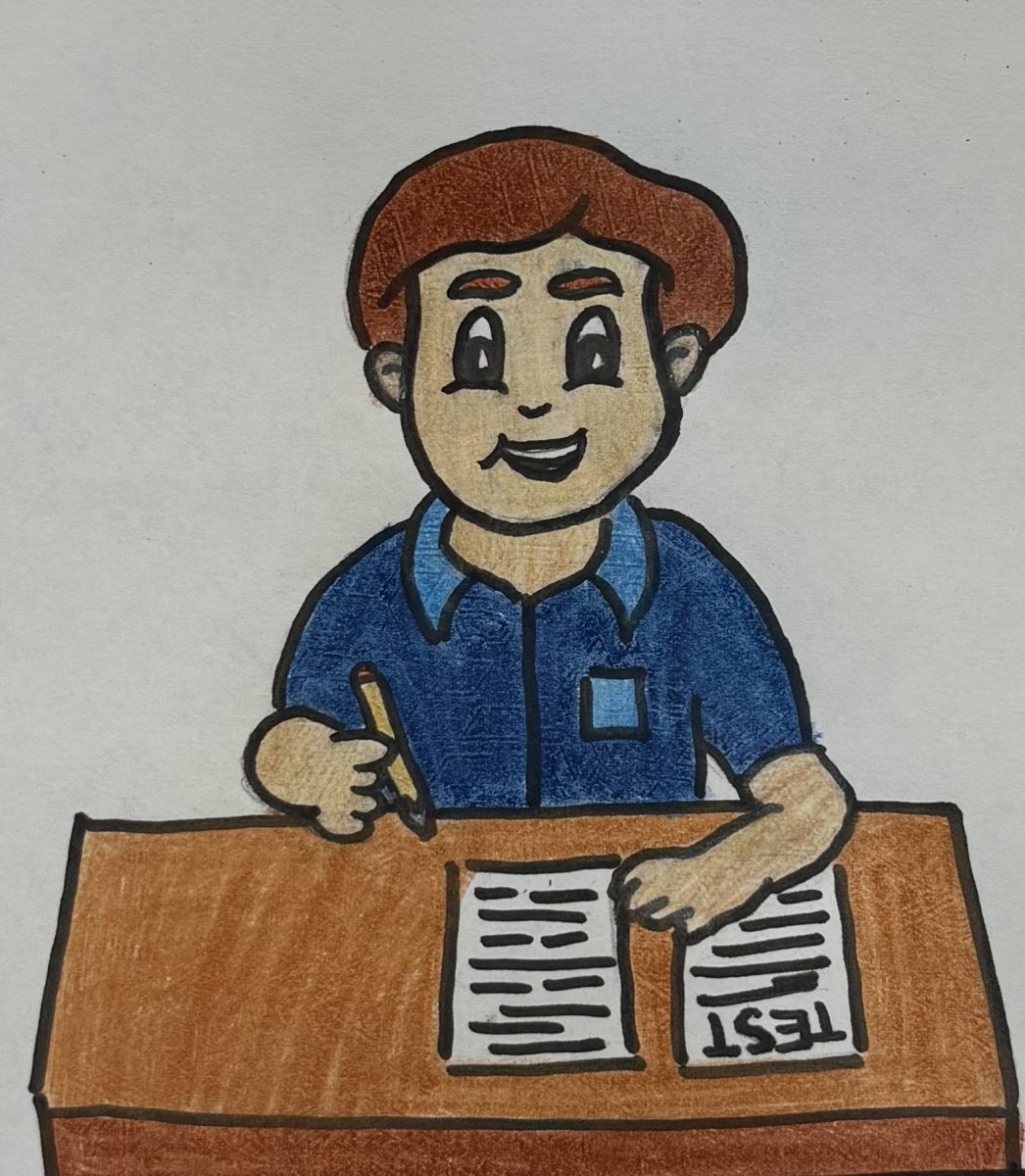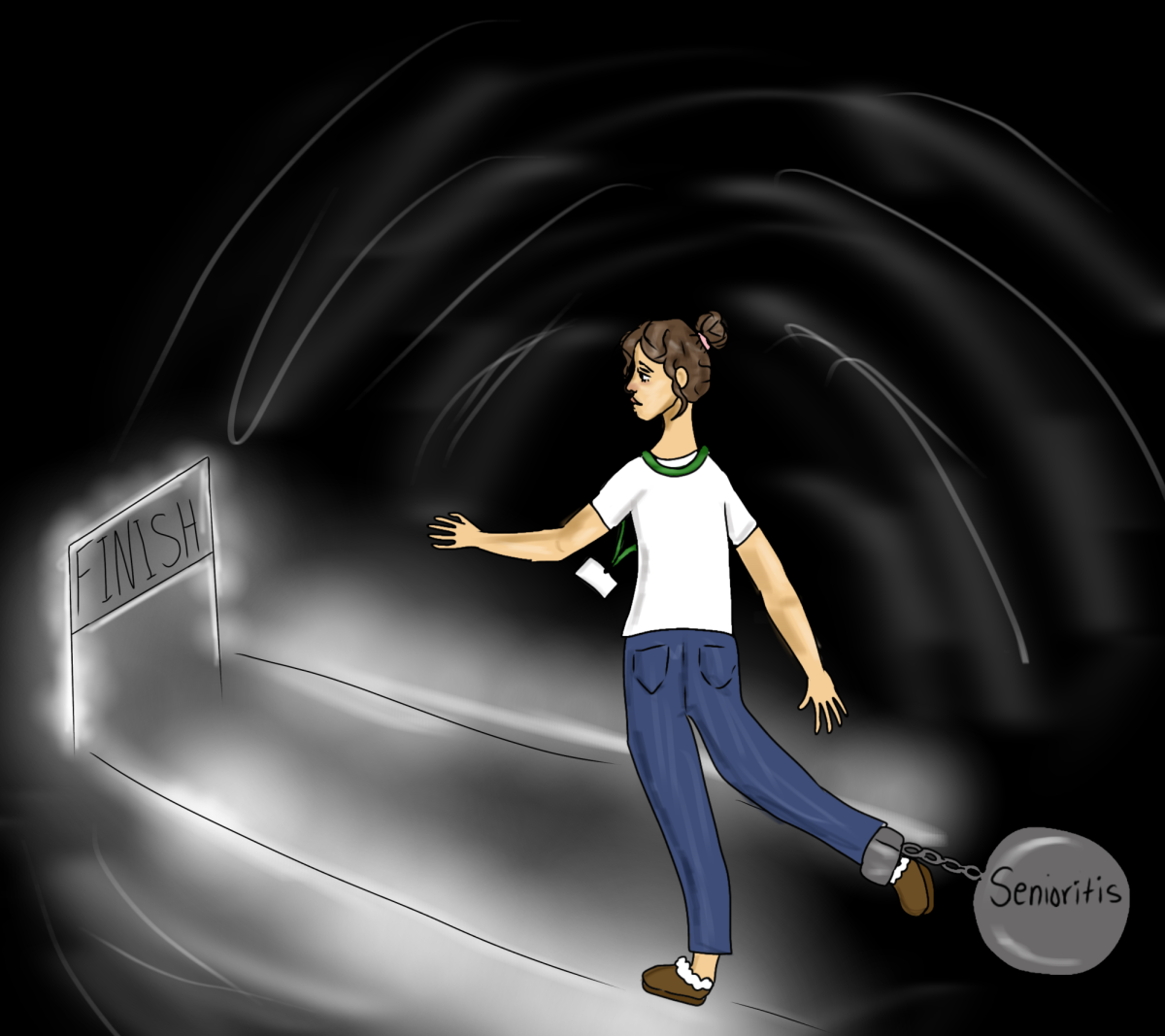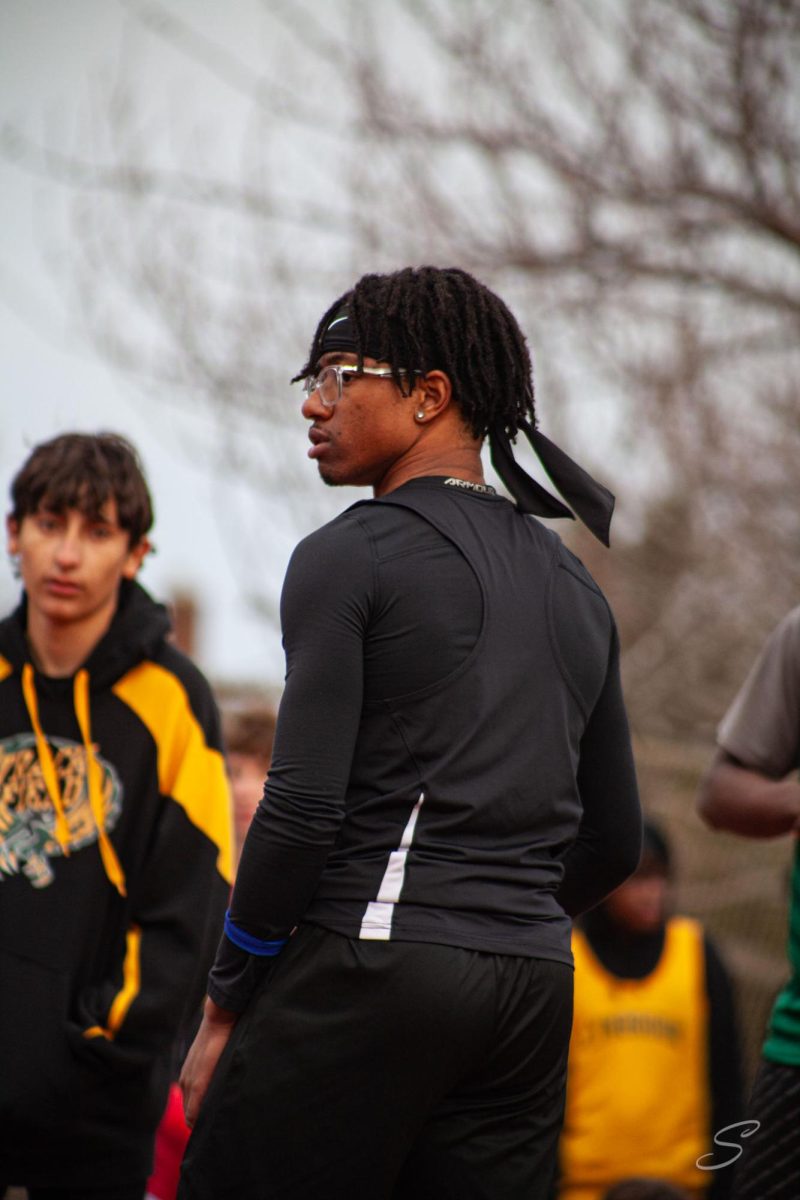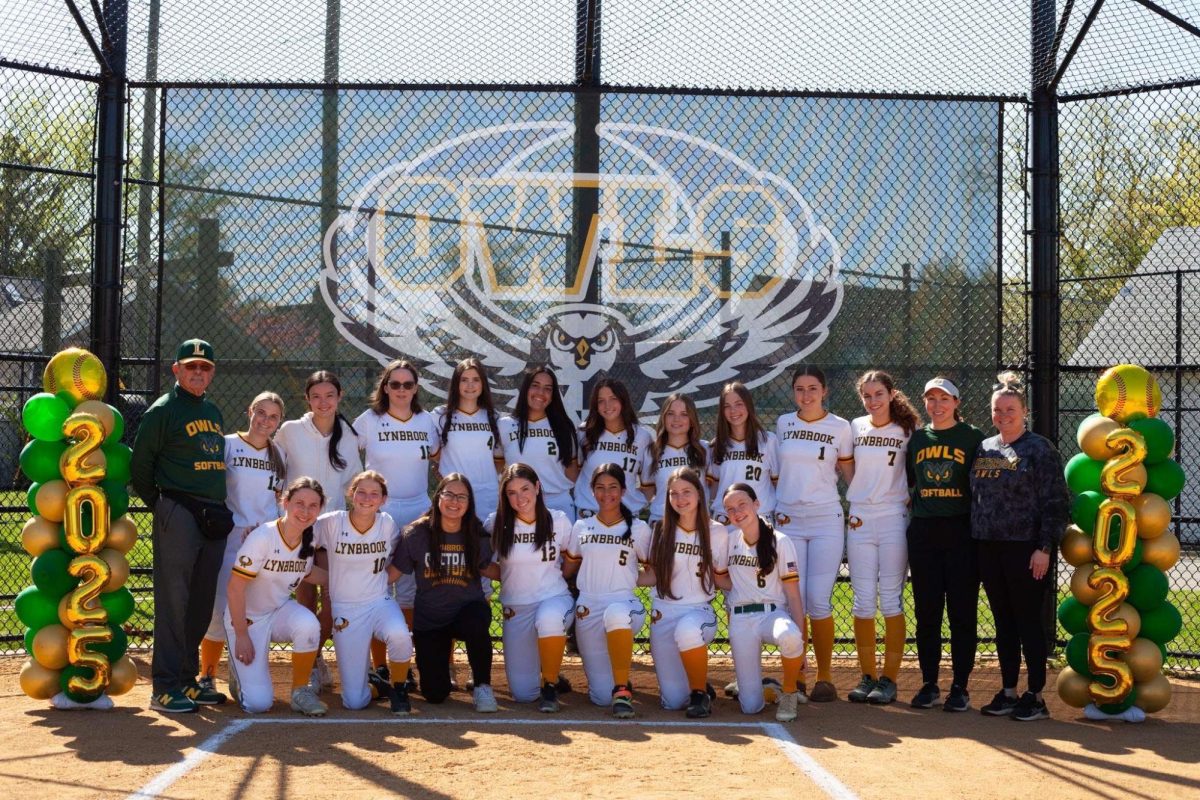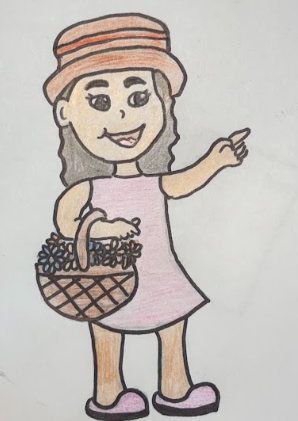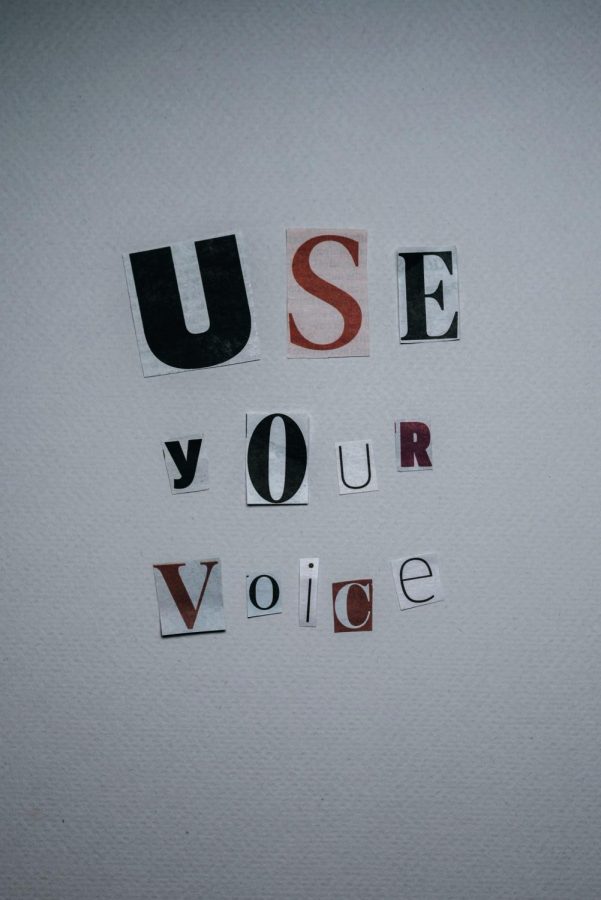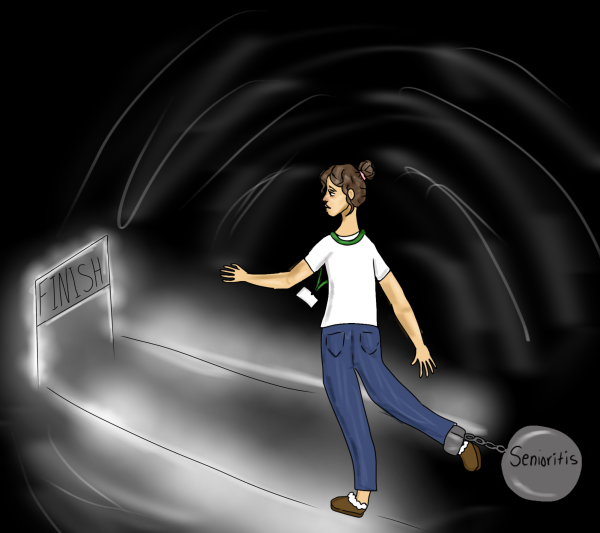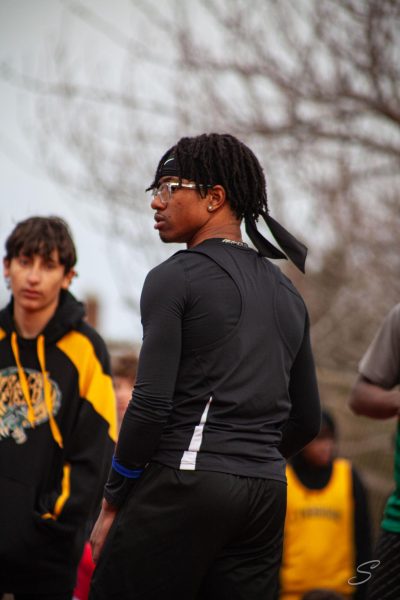What Does it Truly Mean to Be an Activist?
A quick tap through Instagram Stories will reveal peers, influencers, and celebrities reposting an image or marching in a protest. In other words, activism. But what is activism exactly? Essentially, activism is simply one putting in effort and visible action in the hopes of making a positive impact for someone else. There can be no activism without people carrying those direct and notable actions out, so there must be activists.
While there are many relevant activists today (think Greta Thunberg), activism dates back decades in America and is most analogous with the Civil Rights Movement taking place during the 1960s. Some of the most notable activists mentioned when discussing the Civil Rights Movement are people like Dr. Martin Luther King Jr., Rosa Parks, the Greensboro Four, Malcolm X, and the Freedom Riders. Despite the differences in how they carried out their activism, they each worked toward the common goal of achieving civil rights for black people in America. Take the Freedom Riders, for example. In a Sept. 20 New York Times Upfront article entitled “The Freedom Rides,” journalist Robert K. Elder explained how the Freedom Riders were groups of young, non-violent white and black protestors trying for integration of “Whites Only” waiting rooms and bus counters at bus stations in Southern cities. Traveling from city to city, they were working toward a common goal of integration and equality.
Activism was not just taking place in the South in the ‘60s. Activists now are more focused on education, and activism still plays a role in communities today, Lynbrook included. In fact, LHS’s own Diversity Club has been doing its own activism in the school building. President Asa Freeman explained how the club recognized that the community’s main concern regarding diversity was not being heard, so the club utilized resources like the bulletin boards to combat this. “We are decorating bulletin boards with fun and short pieces of information and pictures regarding unique cultural and social events that occurred…For example, February is Black History Month, so the bulletin board will be decorated with information and pictures regarding the topic for those walking past to learn about the event,” Freeman said. He also noted that lack of understanding is the main cause of tension between groups of people. “Our work in the council will help ameliorate tension caused by lack of understanding,” Freeman shared.
COVID-19 has made many aspects of life increasingly difficult, and as gathering in large numbers was difficult, impossible, or frowned upon, many existing activists, or those who were just beginning, took to social media to exert their efforts. Sophomore Charles Reis thought that social media and activism have had both positive and negative effects on one another. “Although social media helps raise awareness to many issues happening in today’s world, it also creates a sense of performative activism where you only post about it instead of actually doing something to support the cause,” Reis shared. Even if one shared a singular post that he saw regarding an issue, if he does not devote additional time or even money to the cause, can he truly consider himself to be an activist?
There are multiple ways for one to be an activist. Sophomore Dea Pulatani shared that constant and valiant effort is the way to go. “You have to have a voice and speak out on different topics and show support as much as you can,” she said. The more that one does for a cause, the more support that he is contributing. “One should definitely donate their time to the cause, from raising awareness to physically helping out with whatever the cause needs,” Reis shared. Reis also noted that if one has the means to, he can also donate money. Many organizations now have websites and social media pages that make it easy and accessible for students to donate money, sign up for volunteering, and be aware of upcoming events. Activism is not just a one-time gig. Activism is something that requires dedication. Freeman said that activists should bring about change where needed and do their best to stand up for others.
Some students who consider themselves to be activists shared the belief that they want to make their community a better place. “I am always helping within the world and my community,” Pulatani said. “When I see a problem, I do my best to make it right,” Freeman shared. Although Reis also considers himself to be an activist, he said he felt that he had room for improvement. “I try to do my best in terms of donating time and raising awareness, but there is always more I can do,” Reis said.
Activism has held a place in America for decades. To foster generations of young activists for years to come, current activists must pave the way by working toward a common goal through constant dedication, devotion, and listening.

Hey there! My name’s Gianna, and I’m a member of the Class of 2025, along with many clubs here at LHS. In my spare time, you can find me on the stage,...




